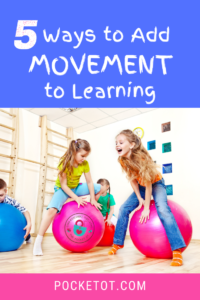
20 Snowman Crafts
Who wants to build a snowman? We do! This week we’ve rounded up some snowman crafts and activities. Each link contains a fun…
What are some signs of auditory processing disorder or APD?
APD is an often misunderstood problem because many of the behaviors noted above also can appear in other conditions like learning disabilities, attention deficit hyperactivity disorder (ADHD), and even depression. Although APD is often confused with ADHD, it is possible to have both. It is also possible to have APD and specific language impairment or learning disabilities.

Strategies applied at home and school can ease some of the problem behaviors associated with APD. Because it’s common for kids with CAPD to have difficulty following directions, for example, these ‘Out of the POCKET tips’ might help:
It’s especially important to teach your child to notice noisy environments, for example, and move to quieter places when listening is necessary. Self-advocacy is critical as kids get older.
Other strategies that might help:
 Check out our earlier post to add movement to learning.
Check out our earlier post to add movement to learning.
Be sure to keep in regular contact with school officials about your child’s progress. Kids with APD aren’t typically put in special education programs. Instead, teachers can make it easier by:
Here’s a link to the Nemours website with more information about auditory processing disorder.
One of the most important things that both parents and teachers can do is to acknowledge that APD is real. Symptoms and behaviors are not within the child’s control. What is within the child’s control is recognizing the problems associated with APD and applying the strategies recommended both at home and school.



